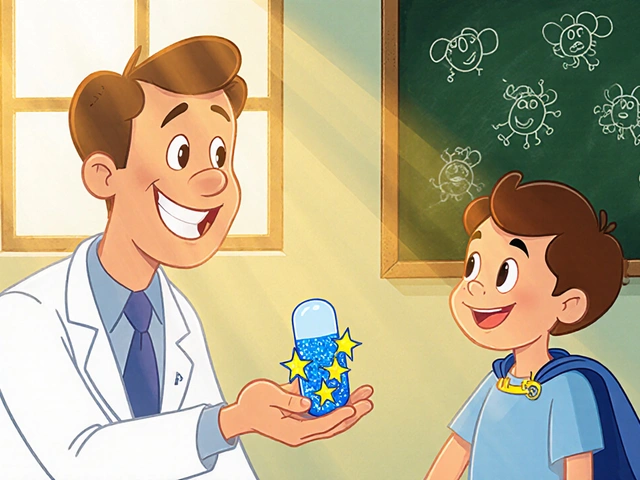Prescription Savings: Real Ways to Pay Less for Your Meds
First thing you should do is check the price of your prescription before you walk into a pharmacy. A quick call or a glance at a price‑checking website can show you if the local store is charging extra. Most people pay the first price they see, but a simple comparison can shave off 10‑30 percent.
Use Coupons and Discount Cards
Pharmacy chains and drug manufacturers often give out coupons that you can print or save on your phone. Look for them on the medication’s official site or on trustworthy discount portals. You don’t need a prescription to grab a coupon, but you do need a valid Rx when you bring it to the counter.
Many big retailers also offer free discount cards. These cards work like a membership: you show the card and the price is reduced automatically. It’s a no‑cost way to get a lower price on most common drugs.
Shop Safe Online Pharmacies
Buying online can be cheaper, but safety matters. Stick to pharmacies that require a prescription, show a licensed pharmacist, and have clear contact info. In the U.S., look for a .pharmacy domain or a verification seal from the National Association of Boards of Pharmacy.
When you find a legit site, add the medication to the cart, apply any coupon code you have, and compare the final price with local stores. Often you’ll see a 20‑40 percent drop, especially for brand‑name pills.
Besides coupons, many insurance plans have a mail‑order option that can be cheaper than a local fill. Call your insurer and ask if they offer a mail‑order program for your drug.
Another quick win is the “generic substitution” rule. If a generic version exists, ask the pharmacist to switch it automatically. Generics are chemically the same but cost a fraction of the brand name.
Don’t forget about patient assistance programs. If you have a chronic condition, the drug maker may have a program that offers the medication for free or at a deep discount. A quick lookup on the company's website can show you eligibility criteria and an easy application form.
For those on a tight budget, consider a “90‑day supply” purchase. Most pharmacies give a lower per‑pill price when you buy three months at once, cutting both cost and trips to the pharmacy.
Finally, keep an eye on your pharmacy’s loyalty program. Some chains reward you with points that turn into discounts on future fills. It’s a small perk, but over time it adds up.
Saving on prescriptions doesn’t require a degree in finance. Just ask the right questions, use coupons, verify online stores, and compare prices before you pay. With these steps, you can keep your health budget in check without sacrificing the meds you need.
Explore how new fintech tools and classic coupon apps stack up for saving on prescription drugs, with tips for slashing your out-of-pocket pharmacy costs.



 Medications
Medications




